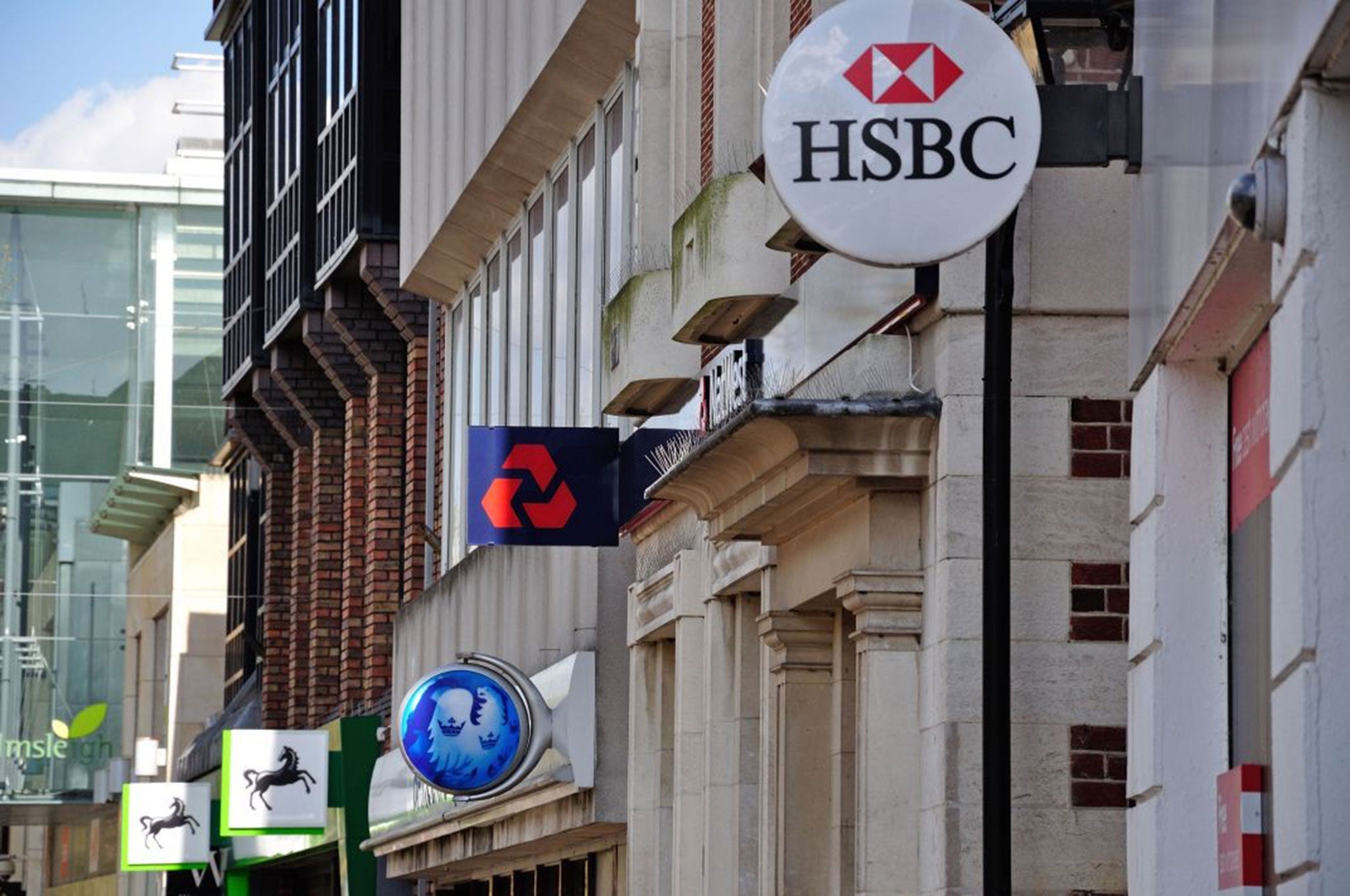If a bank calls about transferring money because of fraud, you risk losing your life savings
A retired nurse lost £14,000 to unscrupulous rogues

When Evelyn Price, a 74 year old retired nurse from Portmadoc in North Wales, got a call from her bank saying her account had been compromised and she needed to transfer her savings at once, she reacted quickly.
She set up an online transfer of her £14,000 life savings to the safe account the bank had told her about. She had no idea that it wasn’t her bank calling, but crooks. They lied about who they were to trick her into transfering the cash.
She had become just another victim of cruel crooks who prey on older people to steal their savings. And the number being caught by so-called ‘no-hang up’ fraud is on the rise. The scam involves fraudsters cold calling victims and pretending to be from a bank or the police.
They tell their victims that their bank account is at immediate risk and say they need to move or withdraw their money urgently, telling people to call them back to add to the plausibility of the scam. But the crooks stay on the line to fool people into thinking they’ve actually called their bank or the police.
This week the Financial Ombudsman Service reported on cases it has been involved in the last year in where people lost £4.3m. One in five lost savings of between £20,000 and £49,999 while some unfortunate people lost more than £100,000. "These are extremely cruel and convincing deceptions and consumers are tricked into believing they are protecting their money, when in fact it is being stolen," said Caroline Wayman, chief ombudsman.
The Ombudsman gets involved when the victim thinks their bank hasn’t done enough to help them. But most end up disappointed. While in two out of five cases, it ruled in favour of the victim, in the majority it did not.
That’s because banks have a duty to act on their customer’s instructions, so if a consumer transfers or withdraws money themselves during a scam they are unlikely to get it back.
That policy angers Evelyn’s brother Glyn who is campaigning for Barclays to help his sister. "They should have done more," he believes. "There was a high probability that she was the victim of a fraud. Even though the transfer was flagged as suspicious and they contacted her to check whether she really wanted to go ahead, I believe she was under the control of the fraudsters and they should have asked more questions."
Barclays says: "The bank acted appropriately and in accordance with our customer’s instructions. This complaint has been extensively reviewed at the highest level within our complaints process and our findings were reinforced by the Financial Ombudsman Service."
Get a free fractional share worth up to £100.
Capital at risk.
Terms and conditions apply.
ADVERTISEMENT
Get a free fractional share worth up to £100.
Capital at risk.
Terms and conditions apply.
ADVERTISEMENT
Glyn thinks banks should ask more direct questions when they suspect fraud, such as "Have you been told to make this transfer because of fraud risk?" He reckons that could prompt victims to reveal the truth.
Meanwhile the Ombudsman has urged people to contact vulnerable relatives, friends and neighbours, this summer about the risk of being scammed and explain to them how the no-hang up con works so they are alerted to the dangers.
Consumer experts advise people to never give out personal or banking information when answering a call. If you have doubts just hang up and use a different phone to call a trusted number. One trick is to always let the phone go to voicemail as only legitimate callers are likely to leave a message.
Banks will never ask people for their PIN or ask them to key it into the phone keypad. They will never send someone to a customer’s home to collect a bank card.
If you spot a fraud or think you may have been scammed, call Citizens Advice on 03454 040506. The charity is currently running Scams Awareness Month to highlight the risks of fraud.of fraud.
Join our commenting forum
Join thought-provoking conversations, follow other Independent readers and see their replies
Comments